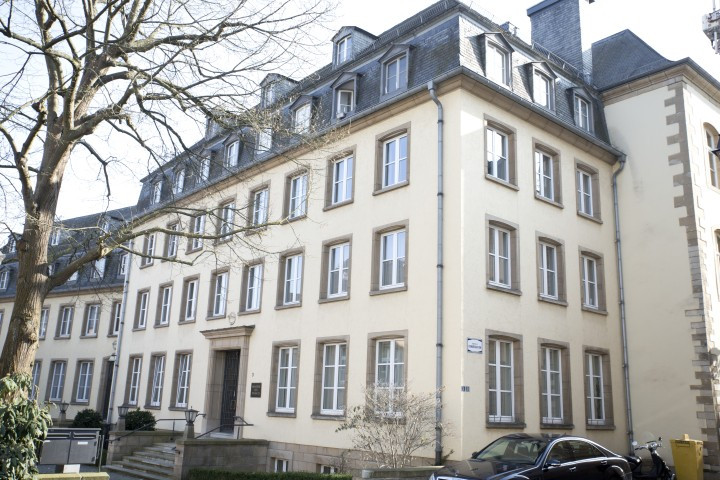After meeting the parliamentary committees on finances and budget and the committee of surveillance of the budget’s implementation on Friday 29 October, finance minister Pierre Gramegna said that the first 9 months of 2017 had been much better than expected, because revenues had grown quicker than expenses (+6.2% against 5.2%).
Alex Bodry, head of the LSAP parliamentary group, said that “despite the tax reforms, at a projected cost of €500 million, tax revenues linked to direct taxation have increased compared to 2016.” He also mentioned that investments had gone up by 10%, and that “a country which has a deficit through investments, that is good policy.”
However, ADR MP Gast Gibéryen said that the deficit amounted to €606 million for the first 9 months of 2017: “we should finish the year with €900 million deficit, against the projected €851 million in the budget, despite record growth. The deficit is not in hand.”
Different calculations
These significant differences are due to different methods of budget accounting rules and calculating deficit and debt levels.
Last week, the Court of Auditors and National council on public finances (Conseil national des finances publiques) the CNFP had sounded alarm bells, for the 2016 budget and the future respectively. The Court of Auditors uses the national system, which includes investments and contributions to certain funds in its calculations of the debt and deficit, while the European guidelines exclude them.
The CNFP had calculated that debt would rise to 161% of GDP in 2060, at growth levels of 2% and for a population of 1.1 million, if there was no policy change.
Gramegna has argued that the CNFP report showed that “in the short term, there is absolutely no problem,” but that “the message of the CNFP was that if nothing was done by 2030, then we would risk having to take drastic and unpopular measures.”
He added that “Luxembourg is one of the few countries in the OECD which did not take many measures reading pensions, except for a few adjustments. We have set up a working group to analyse this. There is no urgency to act and no reason to panic.”
Diane Adehm (MP for the CSV) said that one should “start to ask the right questions to avoid the scenario that the CNFP predicted.”
